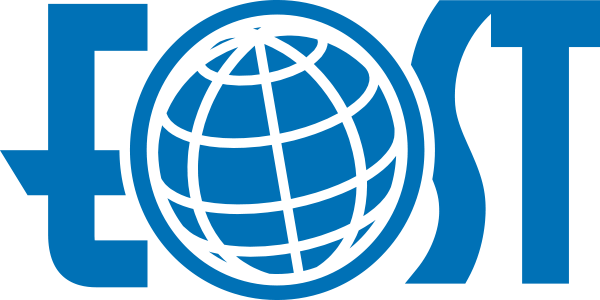Projet de géophysique
Diplôme d'ingénieur de l'École et observatoire des sciences de la Terre (EOST)Parcours Diplôme d'ingénieur de l'EOST
Description
Le projet de recherche est supervisé par un ou plusieurs chercheur/enseignant-chercheur/ingénieur de l’EOST. Il peut potentiellement s’effectuer en partenariat avec une entreprise ou une collectivité publique. Le projet peut inclure des aspects théoriques, expérimentaux, de modélisation, bibliographiques, … Il doit permettre à l’étudiant de travailler et développer ses capacités d’analyse, de synthèse et d’esprit critique. En sus du travail de recherche proprement dit, chaque étudiant est incité à adopter de bonnes pratiques de gestion de projet.
A l’issu de leur travail, les étudiants doivent produire un rapport de stage suivant un formalisme d’article scientifique et présenter oralement leurs travaux lors d’un mini congrès.
Quelques séances de cours permettent de 1) présenter le processus d’une activité de recherche et le contexte dans laquelle elle est menée, 2) apprendre les bases de la gestion de projet, 3) maitriser les outils de recherche et de gestion de bibliographie, 4) être sensibilisé à l’éthique en sciences de l’environnement, 5) donner des conseils et outils pratiques pour faciliter la rédaction et la présentation orale de leurs travaux.
The research project is supervised by one or more EOST researcher/teacher/engineer. It can potentially be done in partnership with a company or a public authority. The project can include theoretical, experimental, modeling, bibliographic aspects, ... It must allow the student to work and develop his analytical, synthesis and critical thinking skills. In addition to the research work itself, each student is encouraged to adopt good project management practices.
At the end of their work, students must produce an internship report in the form of a scientific article and present their work orally during an internal workshop.
A few class sessions allow students to 1) understand the process of a research activity and the context in which it is carried out, 2) learn the basics of project management, 3) master research and bibliography management tools, 4) be aware of ethics in environmental sciences, 5) learn how to write and orally present their work.
A la fin de ce cours, vous serez capable de:
- Mener une activité de recherche en mobilisant des concepts et connaissances
- Organiser et planifier un travail de recherche
- Analyser de manière critique les résultats de son propre travail ou d’autres études scientifiques
- Synthétiser des travaux de recherche à travers un document écrit répondant aux standards du domaine
- Présenter oralement un travail de recherche
- Conduct a research activity by mobilizing concepts and knowledge
- Organize and plan a research project
- Critically analyze the results of one's own work or of other scientific studies
Compétences visées
Découvrir le processus de la recherche scientifique fondamentale ou appliquée via, principalement, la réalisation d’un projet de recherche encadré par un (enseignant-)chercheur. Ces projets permettent aux étudiants de tester leurs compétences et goût pour la recherche fondamentale ou appliquée et de développer des capacités d’analyse critique, de rédaction et de présentation d’un travail scientifique.
Discover the process of fundamental or applied scientific research, mainly through the realization of a research project supervised by a (teacher-)researcher. These projects allow students to test their skills and taste for fundamental or applied research and to develop their ability to critically analyze, write and present a scientific work.

